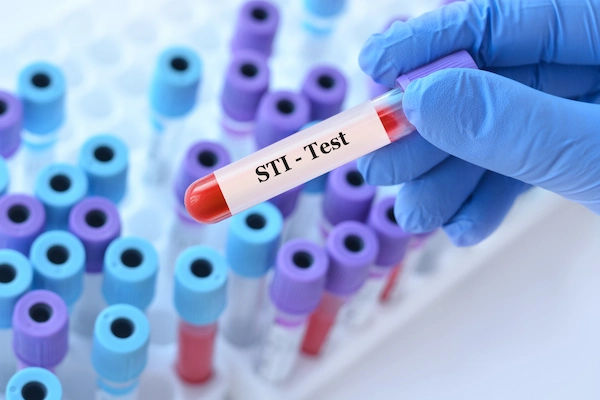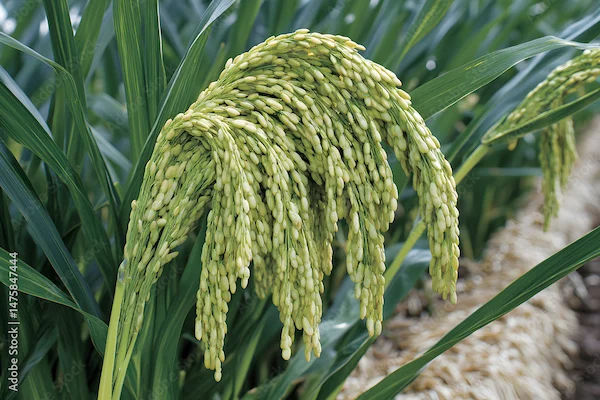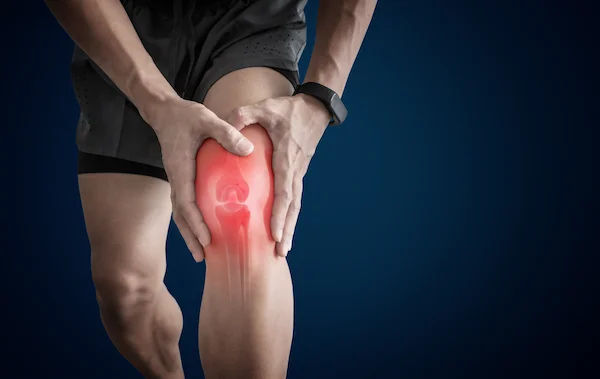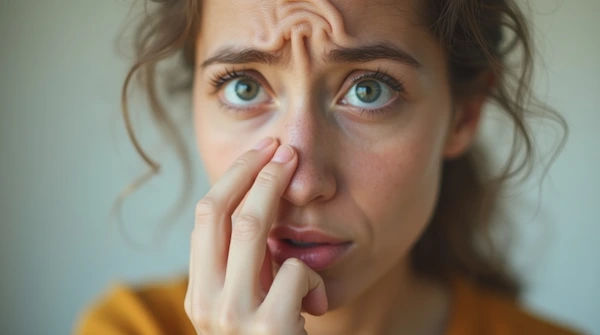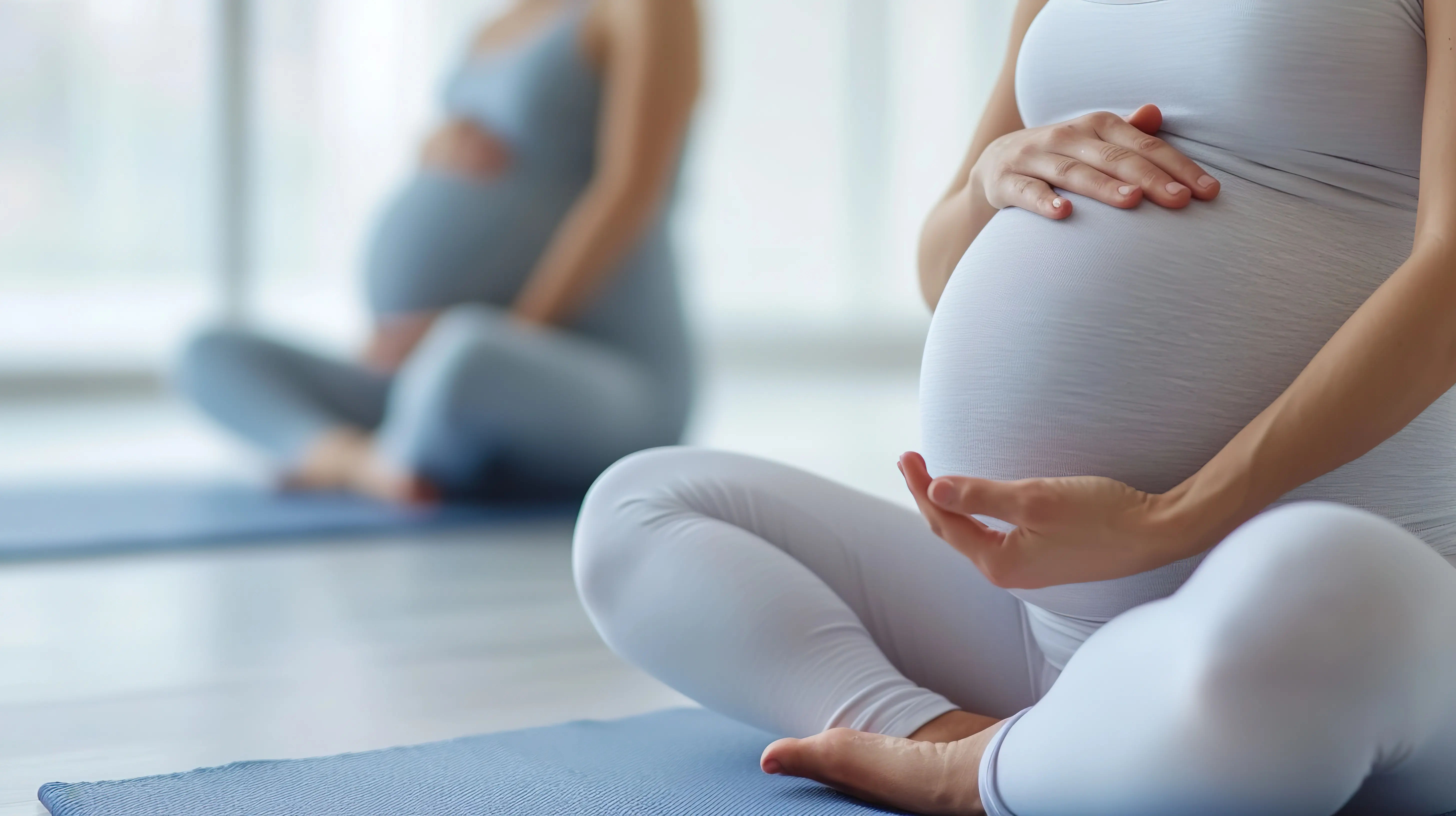The Ultimate Guide to Building Stronger Bones at Any Age
Discover how to build stronger bones at any age with the right mix of nutrition, exercise, and lifestyle choices. Learn about calcium, vitamin D, and ways to prevent osteoporosis naturally.

Written by Dr. Dhankecha Mayank Dineshbhai
Reviewed by Dr. D Bhanu Prakash MBBS, AFIH, Advanced certificate in critical care medicine, Fellowship in critical care medicine
Last updated on 13th Jan, 2026

Introduction
Think of your bones as the silent scaffolding that holds you up. We often take them for granted until a problem arises, like a fracture or a diagnosis of low bone density. But bone health is a dynamic process, and it's never too early or too late to take action. Building stronger bones is a proactive investment in your mobility, independence, and overall quality of life.
This comprehensive guide will demystify the science of skeletal health, moving beyond the basic "drink your milk" advice. We will explore the powerful combination of targeted nutrition, specific exercises, and lifestyle tweaks that can significantly increase bone density and strength. Whether you're in your peak bone-building years or looking to preserve your bone health later in life, this article will provide you with the actionable strategies you need to build a resilient foundation for life.
Why Bone Health is More Than Just Calcium
While calcium gets most of the attention, it's just one player in a complex biological system. Your bones are living, active tissue that constantly undergoes a process called remodelling.
Understanding Bone Remodelling: A Lifelong Process
Imagine a construction crew constantly working on a building. Special cells called osteoclasts break down old bone (resorption), while cells called osteoblasts build new bone (formation). Until about age 30, formation outpaces resorption, leading to gains in bone density and mass. After that, the balance can slowly shift, leading to gradual bone loss. The goal of building stronger bones is to support the osteoblasts and maximise bone building during youth and minimise loss as we age.
Peak Bone Mass: Why Your 20s and 30s Matter
Think of your bone density as a retirement savings account. The "deposits" you make through nutrition and exercise in your childhood, teens, and early adulthood determine your peak bone mass, which is the maximum bone strength you'll ever have. The higher your peak, the more protection you have against the natural bone loss that occurs later. It's why establishing good habits early is crucial, but it's also why it's never truly too late to start making valuable contributions to your skeletal health.
Consult Top Orthopaedicians
The Dynamic Duo: Calcium and Vitamin D
These two nutrients work in tandem. Calcium is the primary mineral that makes bones hard, while Vitamin D acts as the key that allows your body to absorb that calcium effectively.
Best Dietary Sources of Calcium (Beyond Dairy)
The recommended daily intake for most adults is 1,000 mg, rising to 1,200 mg for women over 50 and men over 70. While dairy is a well-known source, many other foods are rich in calcium:
- Dairy: Yoghurt, milk, cheese
- Fortified foods: Plant-based milks (soy, almond), orange juice, and tofu
- Leafy greens: Kale, collard greens, bok choy
- Other: Sardines and canned salmon (with bones), almonds, beans
How to Get Enough Vitamin D from Sun and Food
Vitamin D is the "sunshine vitamin" because your skin produces it upon exposure to sunlight. Aim for 10-30 minutes of midday sun several times a week, depending on your skin tone and location. Dietary sources are less abundant but include:
- Fatty fish (salmon, mackerel, tuna)
- Egg yolks
- Fortified milk and cereals
- Beef liver
For many, especially those in northern climates or who spend most time indoors, a supplement may be necessary. A simple blood test can check your levels. If you suspect a deficiency, consult a doctor online with Apollo24|7 to determine the right dosage for you.
The Power of Protein and Other Bone-Building Nutrients
Calcium and vitamin D are the headliners, but they have an essential supporting cast.
- The Role of Magnesium, Vitamin K, and Potassium
- These can be found in nuts, seeds, whole grains, leafy greens, and bananas.
- Magnesium helps convert vitamin D into its active form for calcium absorption.
- Vitamin K (specifically K2) directs calcium into the bones and away from the arteries.
- Potassium neutralises metabolic acids that can leach calcium from bones.
Foods to Limit for Optimal Bone Health
Some foods and drinks can make it harder for your body to retain calcium:
- Excessive sodium: High salt intake can increase calcium excretion through urine.
- Phosphoric acid: Found in cola drinks, it may disrupt the calcium-phosphorus balance in bones.
- Caffeine: In very high amounts, it can slightly interfere with calcium absorption, though moderation is key.
- Exercise: The Secret Weapon for Stronger Bones
- Bones adapt to the stresses placed upon them. To make them stronger, you must challenge them.
Weight-Bearing Exercises to Stimulate Growth
These are activities where you work against gravity while staying upright.
- High-Impact: Dancing, hiking, jogging/running, jumping rope, tennis.
- Low-Impact: Brisk walking, using elliptical machines, low-impact aerobics.
Strength and Resistance Training Essentials
This is non-negotiable for building stronger bones. Lifting weights, using resistance bands, or doing bodyweight exercises such as squats, lunges, and press-ups places stress on the bones, stimulating them to become denser. Focus on exercises that target the spine and hips, like squats and deadlifts, always with proper form.
Balance and Flexibility Exercises to Prevent Falls
Strong bones are useless if you fall and break them. Yoga, Tai Chi, and simple balance exercises improve stability and coordination, significantly reducing fracture risk.
Lifestyle Factors That Build or Break Bones
Bone health is not only about food and exercise. Your daily habits also make a big difference.
The Impact of Smoking and Excessive Alcohol
Tobacco toxins interfere with osteoblast function. Heavy alcohol consumption (more than 2 drinks per day) disrupts the calcium balance and increases fall risk. Quitting smoking and moderating alcohol are two of the most powerful steps you can take.
The Surprising Link Between Sleep, Stress, and Bone Density
Chronic stress elevates cortisol, a hormone that can break down bone tissue. Poor sleep is also linked to lower bone mineral density. Prioritising 7-8 hours of quality sleep and managing stress through meditation or mindfulness directly supports your skeletal system.
Understanding Your Risk and When to Get Tested
Recognising risk factors early helps in taking preventive steps.
Key Risk Factors for Osteoporosis
These include being female, post-menopausal, having a family history, a small body frame, certain medications such as long-term steroid use, and conditions like rheumatoid arthritis.
The Bone Density Test (DEXA Scan): What to Expect
This is a quick, painless, low-dose X-ray that measures the calcium and other minerals in your bones. It's recommended for all women over 65 and men over 70, or earlier if you have multiple risk factors. Apollo24|7 offers convenient home collection for tests like vitamin D or HbA1c, which can be important indicators of overall health, including factors that affect bones.
Conclusion
Building and maintaining stronger bones is a marathon, not a sprint. It requires a consistent, multi-faceted approach that blends smart nutrition, purposeful exercise, and healthy lifestyle choices. There is no single magic bullet, but the cumulative effect of these habits is profound. By understanding the science of bone remodelling and taking proactive steps today, you are investing in a future of strength, mobility, and independence. Start by incorporating one new change from this guide each week, whether it's adding a calcium-rich food to your diet, starting a short daily walk, or practising a balance exercise. Your skeleton, the foundation of your body, will thank you for years to come.
Consult Top Orthopaedicians
Consult Top Orthopaedicians

Dr. Anil Pradeep Jadhav
Orthopaedician
23 Years • MBBS MS (Ortho)
Nashik
Apollo Hospitals Nashik, Nashik
(25+ Patients)

Dr. Rupam Chowdhury
Orthopaedician
10 Years • MBBS, DNB (Ortho.)
Kolkata
MCR SUPER SPECIALITY POLY CLINIC & PATHOLOGY, Kolkata

Dr. Suraj Prakash
Orthopaedician
5 Years • MBBS, MS (Ortho)
Bengaluru
Apollo Clinic, Indiranagar, Bengaluru
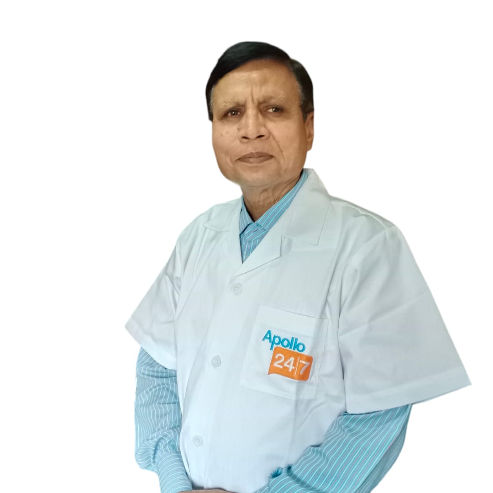
Dr. Padam Singh Gautam
General Physician/ Internal Medicine Specialist
43 Years • M.B.B.S (WARDHA M. S.), F.A.G.E. (MANIPAL), F.A.I.M.S. (Pb.), M.A.I.M.S. (Pb.), M.R.S.H. (LONDON)
Noida
Dr Padam Singh Gautam Fracture Clinic, Noida
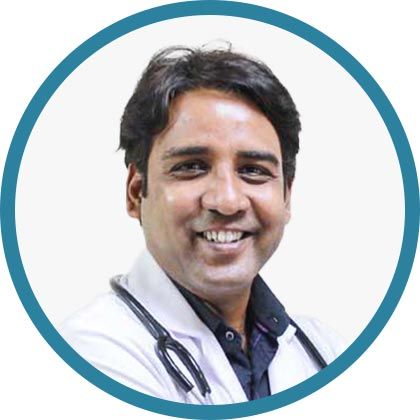
Dr. Susheel B
Orthopaedician
13 Years • MBBS, MS, Ortho Fellowship in Trauma ( Germany) Fellowship in Arthroscopy and Arthroplasty ( Switzerland)
Bengaluru
Apollo Medical Center, Marathahalli, Bengaluru
More articles from General Medical Consultation
Frequently Asked Questions
Can you really rebuild bone density after it's lost?
Yes, to a significant extent. While you may not fully regain the peak density of your youth, through targeted exercise (especially strength training) and optimal nutrition, you can stimulate bone formation and increase density, even after a diagnosis of osteopenia or osteoporosis.
What are the best weight-bearing exercises for someone with arthritis?
Low-impact options are ideal. Focus on brisk walking, using an elliptical trainer, or water aerobics. The buoyancy of water supports joints while providing resistance for bones. Always consult with a doctor or physiotherapist to create a safe plan.
Are calcium supplements better than dietary calcium?
Food should always be the first choice because it comes with other beneficial nutrients. However, supplements are an effective tool for those who cannot meet their needs through diet alone, such as those with lactose intolerance or increased requirements.
How does menopause affect bone health?
The decline in estrogen during menopause significantly accelerates bone loss, as estrogen plays a key role in protecting bones. This is why women are at a higher risk for osteoporosis and why proactive measures around the time of menopause are critically important.
I'm young and active. Do I still need to worry about bone health?
Absolutely. Your 20s are your last best chance to deposit calcium into your 'bone bank' and achieve a high peak bone mass. The habits you form now will provide a protective buffer for the rest of your life.
